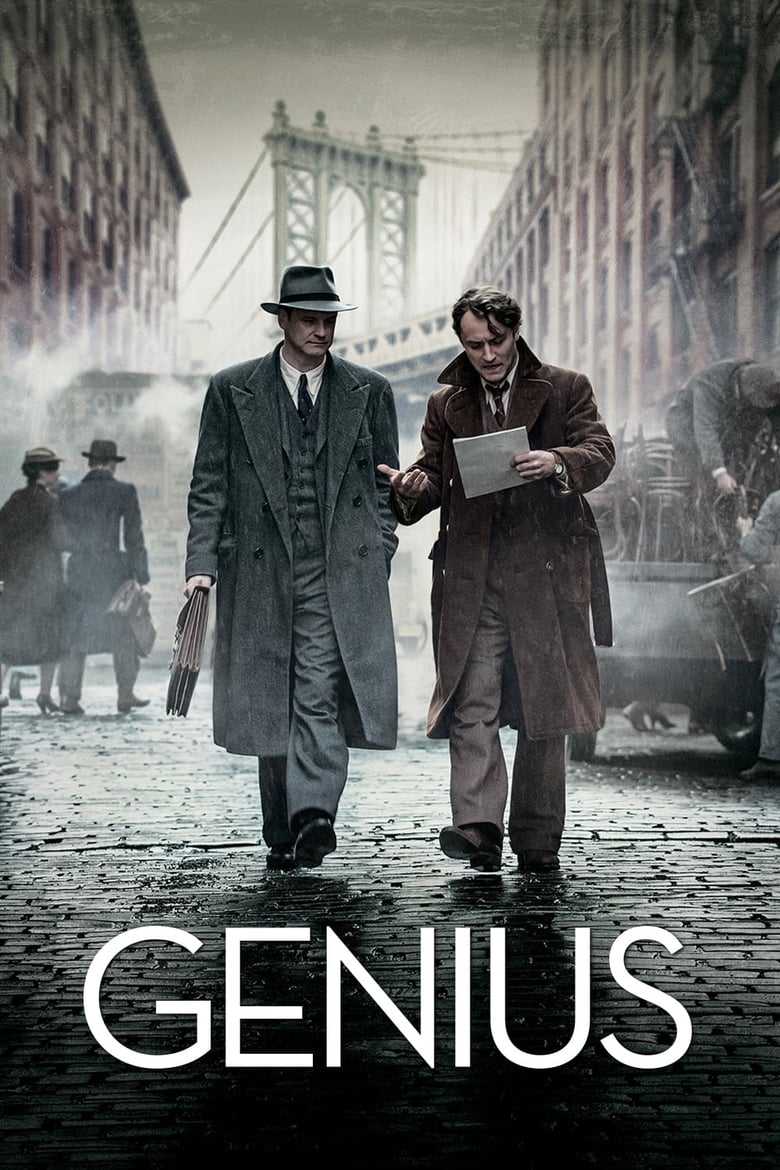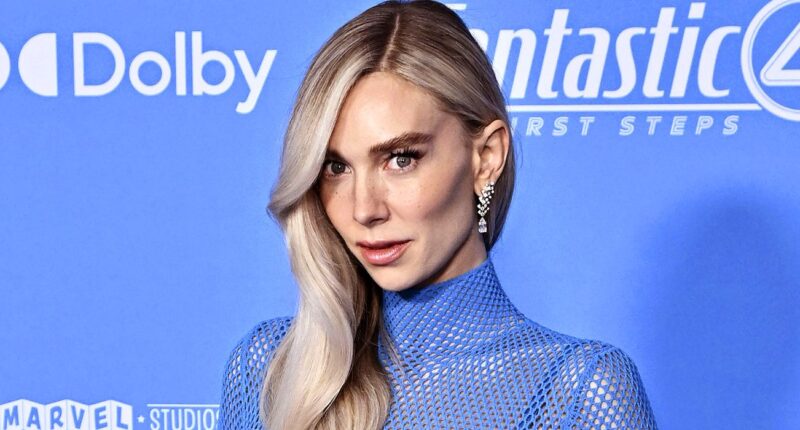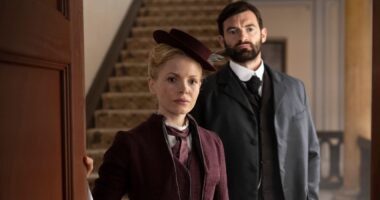Although there have been countless biographical films inspired by the great American literature of the 20th century, the authors behind these influential texts led lives that were equally compelling. Genius was a creative biopic that explored various significant authors and creatives, all of whom interacted with the legendary editor Max Perkins (Colin Firth) and his wife, Louise (Laura Linney). Given the significant amount of famous novels that were written in such a specific window in time, Genius had to intertwine multiple notable historical figures into its narrative and give the audience a reason to invest in all of them. Genius has one of the most star-studded casts in recent memory, but Vanessa Kirby had a scene-stealing role as Zelda Fitzgerald, whose unusual relationship with the author F. Scott Fitzgerald (Guy Pearce) became a subject of significant speculation from literary experts.
Kirby’s inclusion within the cast was somewhat unusual, as virtually all of her co-stars were A-listers with significant accolades on their resumes. Genius was released before Kirby had earned her breakout role as Princess Margaret in The Crown, as she had previously only had smaller films like Charlie Countryman, Queen & Country, and About Time. Given the sheer amount of material that Genius had to work with, it was possible that Zelda’s storyline could have been given less significance in order to make room for Kirby’s more famous co-stars. However, she was able to make the most of her screen time and gave a three-dimensional performance of a compelling historical figure who was often not given her due credit by textbooks.
Who Does Vanessa Kirby Play in ‘Genius?’
Genius explores Perkins’ experience as an editor at Scribner’s beginning in 1929, where he was given the challenging task of offering feedback to temperamental clients that already considered themselves to be artistic geniuses. Even if his role was only professional in its capacity, Perkins was often tasked with settling marital disputes, such as the temperamental relationship between the brilliant author Thomas Wolfe (Jude Law) and his muse, Aline Bernstein (Nicole Kidman). The relationship between Scott and Zelda is particularly compelling, as they both aimed to take advantage of America’s burgeoning social scene in the 1930s. Although Scott was met with universal praise for completing The Great Gatsby, which is largely regarded as his masterpiece, Zelda dealt with more severe criticism for her own novels and plays.
Genius tasked itself with offering pushback to some of the narratives that had become popularized about this period in literature. The film dispels the notion that Zelda was an opportunistic socialite who used her husband’s wealth to build her own legacy, as Kirby shows the extensive efforts that she put into fine-tuning her own work. Despite putting just as much thought into her artistic output as her husband, Zelda was met with trepidation from an industry that did not accept women as equals. Zelda is often depicted as an inherently charismatic person who lived life in a grandiose way, which may have inspired her husband’s creation of the character Daisy in The Great Gatsby. However, Kirby shows the way that changing goalposts forced Zelda to repurpose her efforts in the midst of her romance with Scott; although she swallowed the difficult pill that she would never receive the respect that she deserved for any personal creative efforts, she did have an opportunity to take charge of culture by becoming a beacon to other significant minds.
‘Genius’ Has a Unique Depiction of Zelda Fitzgerald
Kirby is able to show Zelda’s vulnerability during the early stages of her career, which is wildly different from the impenetrable, self-aggrandizing way she has been portrayed in other films. Kirby is not the first great actress to play Zelda, as she was portrayed by Sissy Spacek in the more traditional biopic One Last Call and briefly played by Alison Pill for a cameo in Midnight in Paris. However, Kirby was unafraid to show the self-doubt, anxiety, and temperamental relationship with fame that made Zelda such a curious figure within the birth of the new American cultural renaissance. In fact, some of the film’s most powerful scenes show Perkins offering advice and guidance to Zelda, as he encouraged her to take charge of her own career without concern for what her husband would think. Playing opposite an actor as acclaimed as Pearce was also not an easy task, but Kirby did a great job at ensuring that their onscreen romance felt completely believable.
Genius is the rare historical film that actually has power as an educational tool, as it aimed to offer a more authentic portrayal of how strenuous and difficult this period in literature actually was. It is somewhat surprising that Genius has been somewhat forgotten, given what a talented cast it had; although it received largely positive reviews out of the Berlin International Film Festival, Genius struggled to expand to a wider audience, which once again shows the failings of a “limited release model” that doesn’t appease audiences outside the coastal cities. Looking back, it’s impressive that director Michael Grandage gave this story the scale and spectacle that it deserved, as Genius is the type of project that seems more likely to be made on television now. It’s a film that deserves to be revisited, particularly to see Kirby in an impressive role before she became one of the most significant actresses of her generation.

Genius
- Release Date
-
June 10, 2016
- Runtime
-
104 minutes
- Director
-
Michael Grandage








